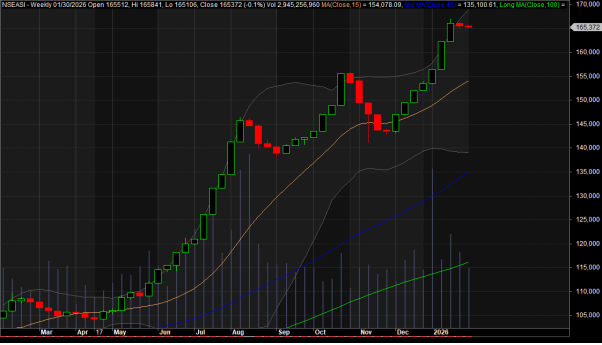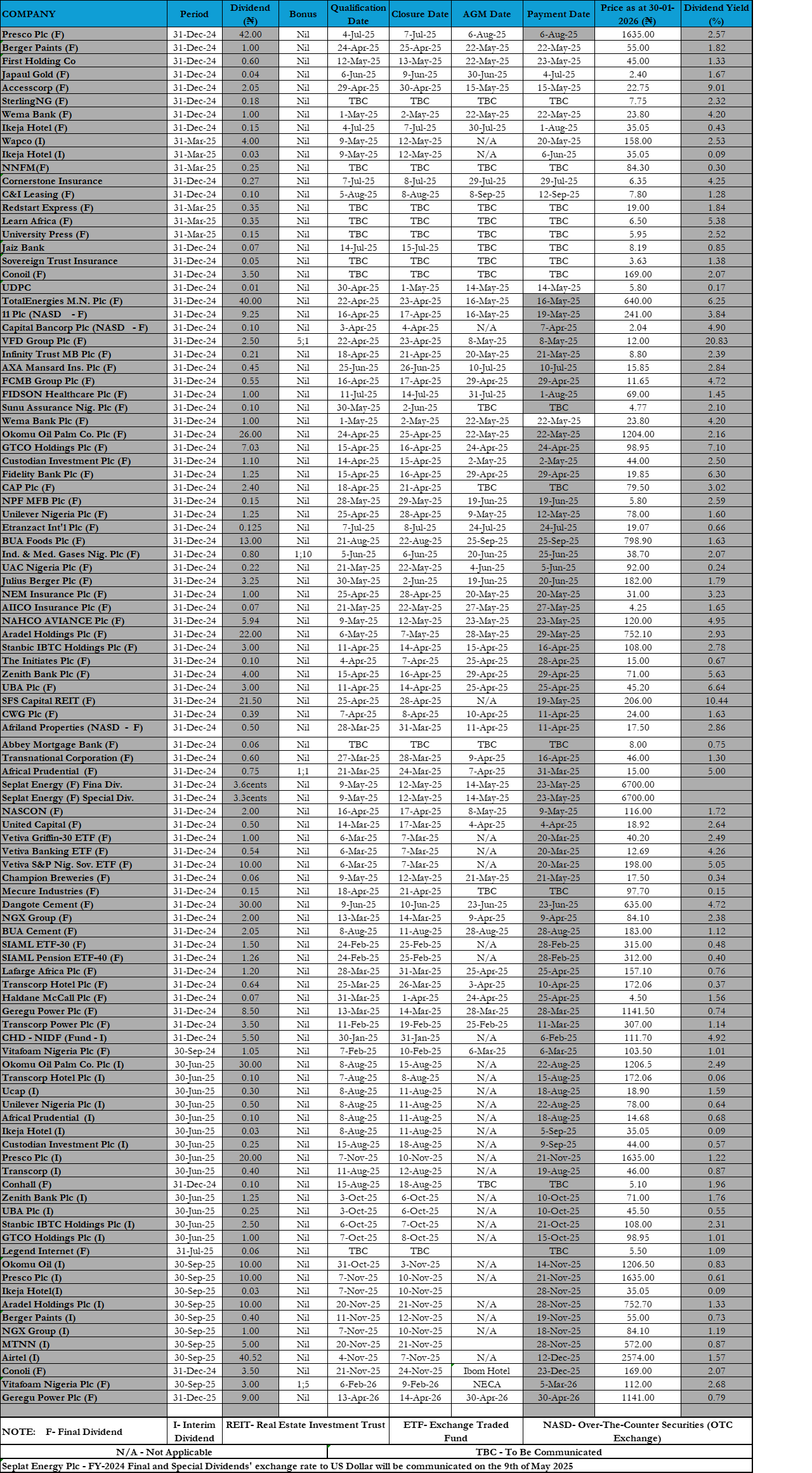
• Blames DMO, PPPRA For N28.52bn Oil Subsidy Payment Variance
The Nigeria Extractive Industry Transparency Initiative (NEITI), on Saturday published its 2016 audit of the nation’s oil and gas industry, a major highlight of which was that total revenue flow, including non-financial flows dropped to $17.054bn. This amount, 64.08% of which came from sales of crude, gas and feed stock and company financial flows, 35.91%, represented a 31% drop by 31% from $24.79bn in 2015, attributed largely to a “fall in the price of crude oil and sabotage.”
NEITI also drew attention to N99.598bn unbudgeted spending by the Federal Government during the period, being cost arising from “price differentiation in the importation of fuel by NNPC in the form of under-recovery for imported petroleum products.”
The 2016 Oil and Gas audit for Nigeria carried out, in collaboration with Haruna Yahaya & Co, Chartered Accountants, showed also that the NNPC continues to ignore the CBN’s advise in the application of forex market rates when converting sales proceeds received in US$ to Naira, leading to a N260.43m loss.
NEITI recalled that although the Federal Government discontinued fuel subsidy in 2016, state-owned Nigerian National Petroleum Corporation (NNPC), as sole importer of domestic Premium Motor Spirit (petrol), introduced a system tagged under/over recovery of petroleum products.
The system, which commenced in January 2016, seven months into the Muhammadu Buhari administration, the report explained, “aims to offset the shortfall in domestic supply of white fuels with imported products bought with revenues from the sale of excess domestic crude.”
The balance of the revenue is thereafter remitted to the Federation Account, the report added, stressing that the N99.6bn spending occurred between June and December, as the NNPC did not begin the under recovery until June 2016, as there were no recoveries from January to May 2016.
The NEITI report also cited several instances of sloppiness by regulators and major organs of government, which such regulatory flaws gave room for possible corruption and fraud, resulting in huge revenue losses to the federation.
According to the report, which covered the 2016 fiscal year, for example, there was the case of the failure by the Petroleum Products Pricing Regulatory Agency (PPPRA) to “keep accurate data of all other (petroleum product) marketers issued with Debt Notes.”
The agency also did not carry-out reconciliation with the Central Bank of Nigeria (CBN) and the Federal Ministry of Finance on processed subsidy vis-à-vis actual payments to the marketers.
This, it said resulted in N28.516bn variance between the PPPRA and the Debt Management Office (DMO), besides an un-reconciled N200m ($770,238), being payment by Sterling Oil Exploration. The audit showed that Sterling paid the naira equivalent of $770,238, which was not traceable to NDDC bank account. There was also an un-reconciled $557,464 paid by Mobil for August and December 2016, an audit of which revealed that Mobil paid the money into NCDMB TSA account, but NCDMB has no confirmation of the payment in their account.
Another issue highlighted in the report was a $24.513m “total unresolved difference concerning company level flows,” representing 0.14% of the aggregated financial flows of $17.054bn.
The un-reconciled financial flows were linked to Nigerian Content Development and Monitoring Board (NCDMB), pipeline transportation fee and Niger Delta Development Commission (NDDC).
NEITI also put revenue loss by the NNPC for the period at $2.055m owing to what it termed “underpriced cargoes due to crude quality,” besides noting inconsistent application of pricing methodology for export crude oil and domestic crude sales, which led to a $7.82m revenue loss.
Also, the NNPC deducted N126.554bn as first line charge for pipeline repairs and maintenance in 2016 was as against N112.818bn in 2015, representing 12.18% increase.











